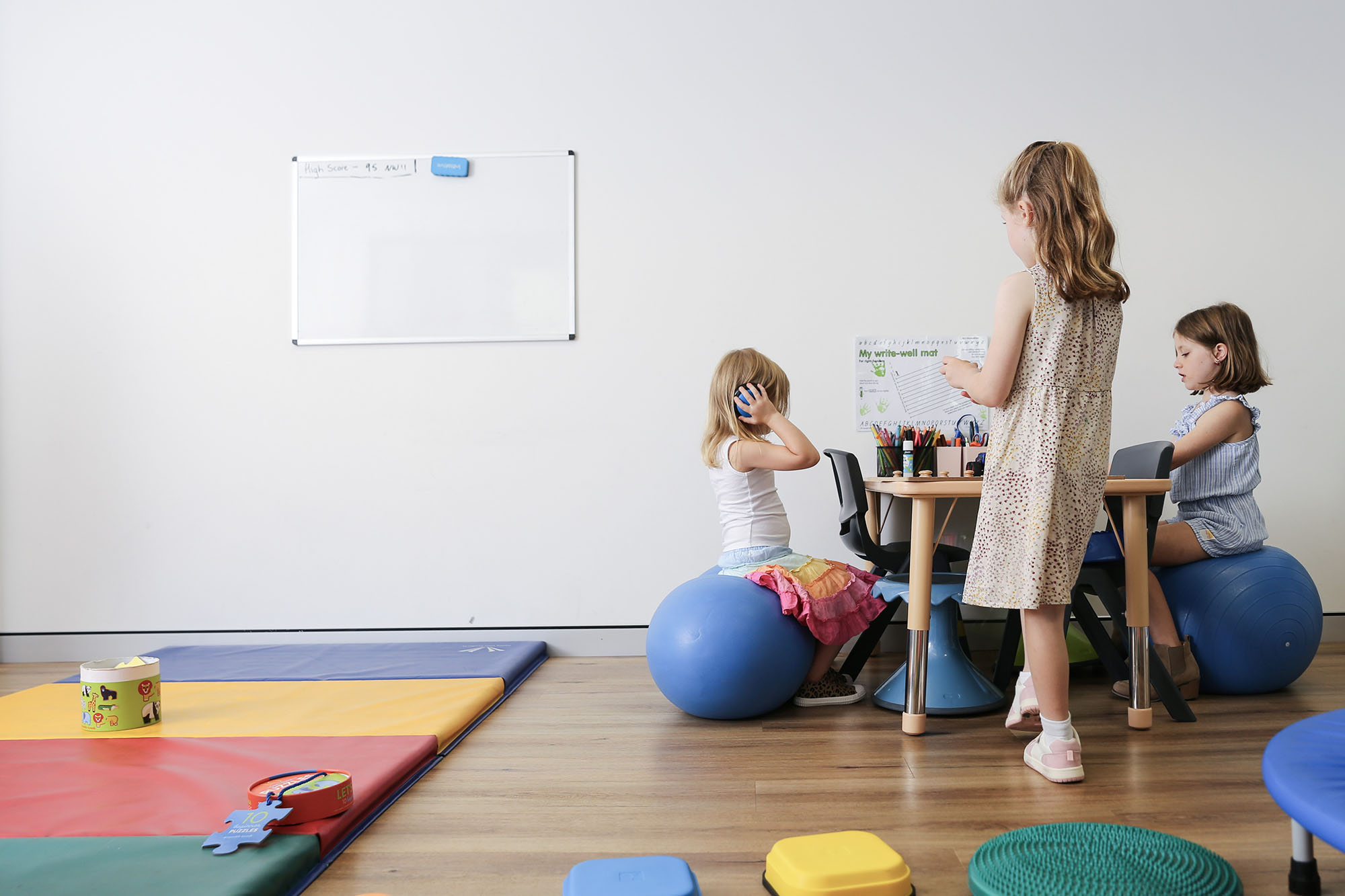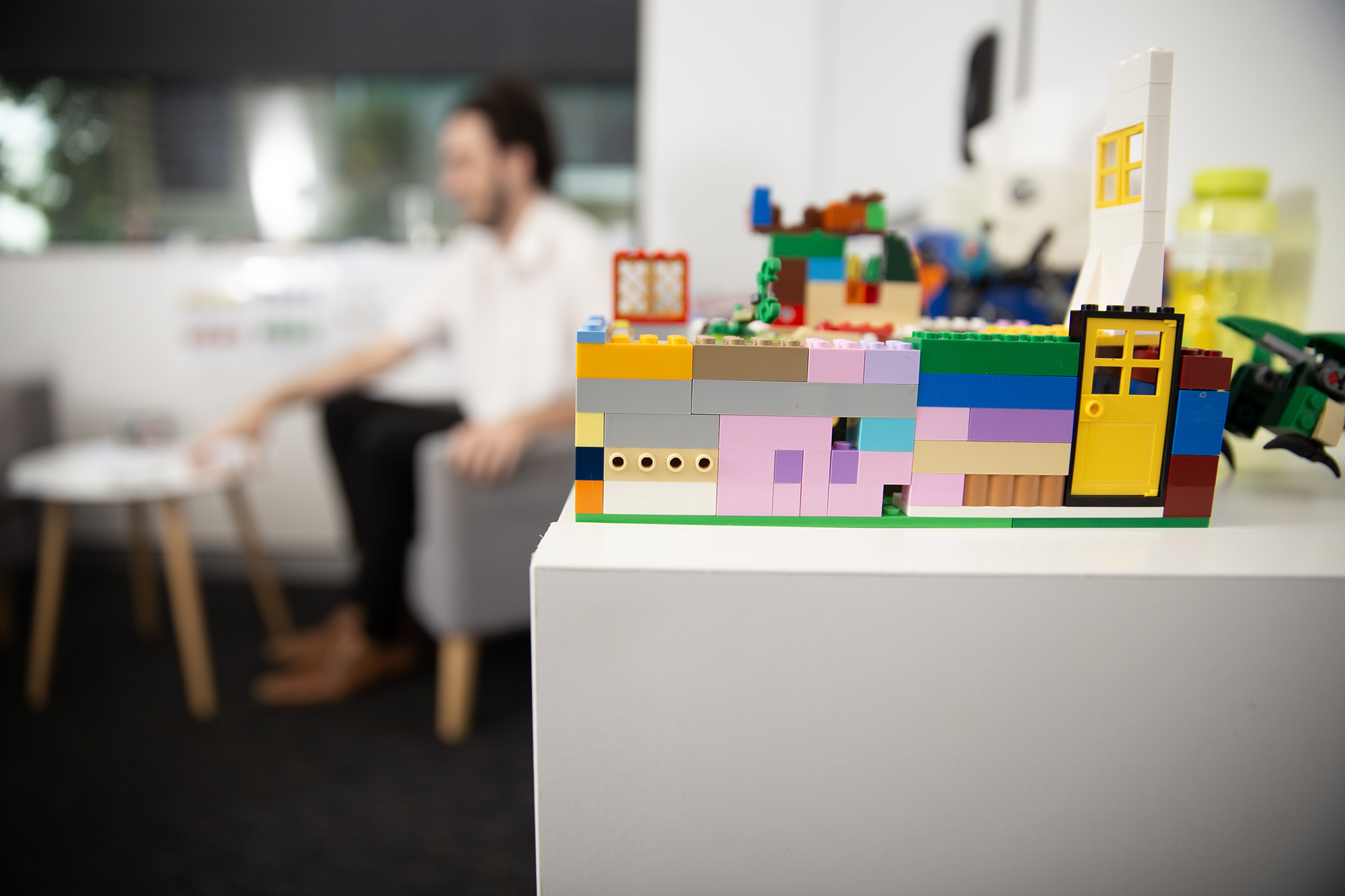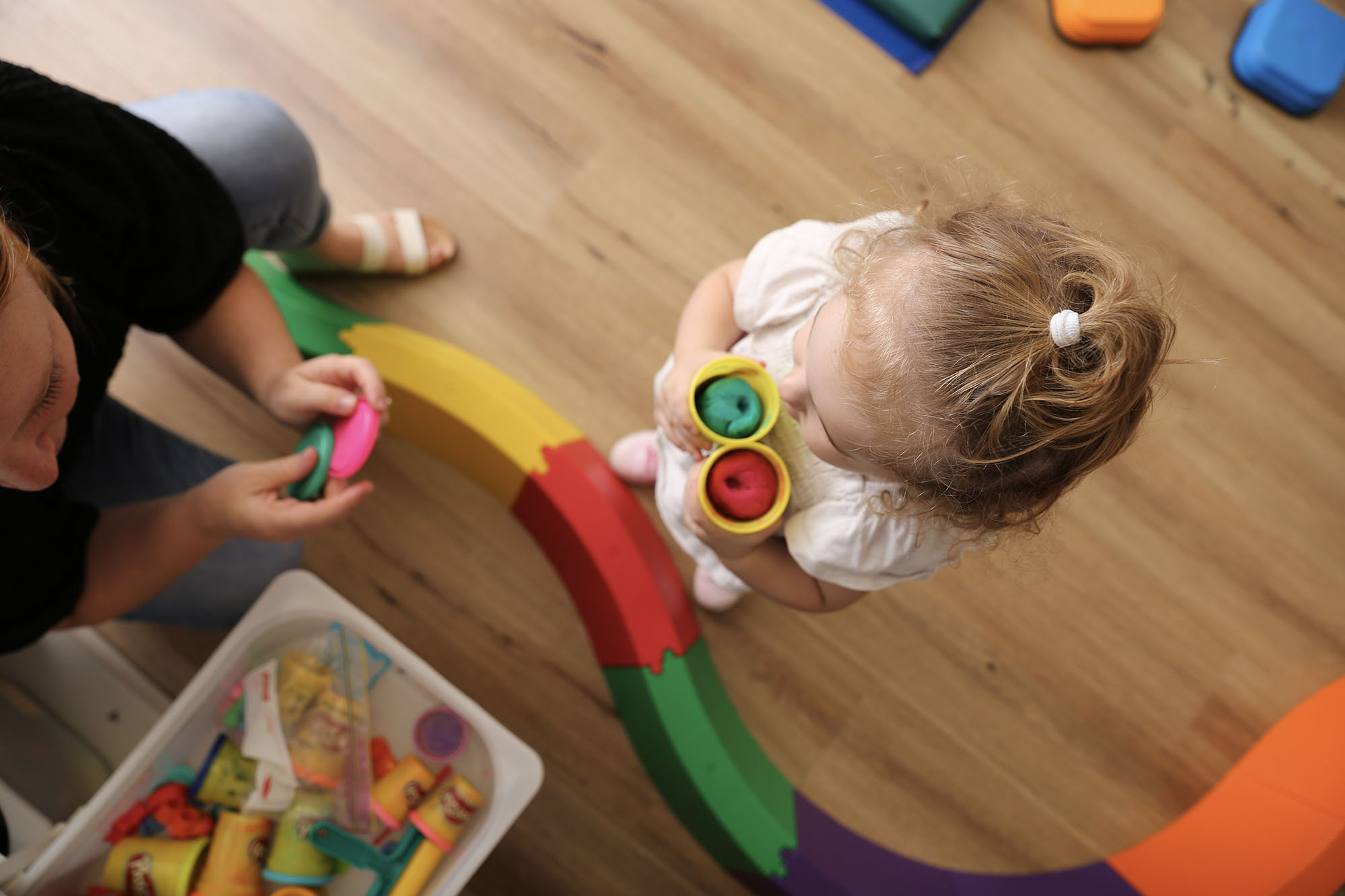- Assessments
- /
- Sensory Processing
Sensory Processing
Sensory processing is the way the nervous system receives messages from our senses and turns them into appropriate motor and behavioural responses.
What is sensory processing?
Sensory processing is crucial for daily functioning and can affect various aspects of life, including motor skills, attention, emotional regulation, and social interactions. Understanding and supporting individuals with sensory processing difficulties can significantly enhance their quality of life and overall functioning.

What to expect in the assessment
A sensory processing assessment may be necessary to evaluate any sensory difficulties your child is experiencing. Our occupational therapists might use the Sensory Profile or Sensory Processing Measure for this purpose. These assessments help us understand how the environment affects your child’s ability to participate in daily activities and routines.
The assessment process may include a parent interview and questionnaire, as well as observations of your child playing and participating in activities with our clinicians. Observations or feedback from school and home can also provide valuable insights into your child’s skills and abilities in different settings.
After the assessment, you will receive a report according to your preferences. Report writing takes up to four weeks, and full payment is required before release. Intervention goals will be developed collaboratively with you based on the assessment results.













